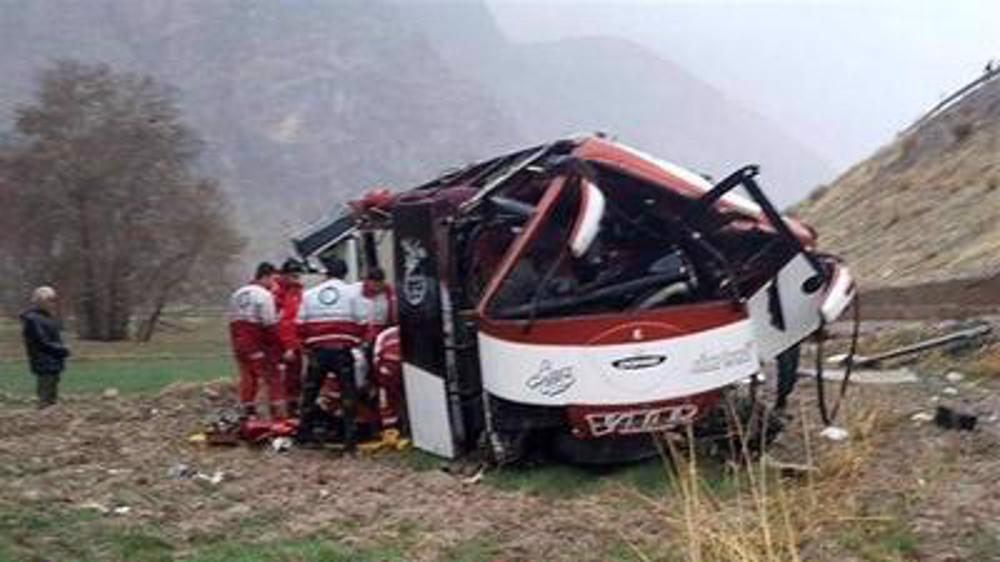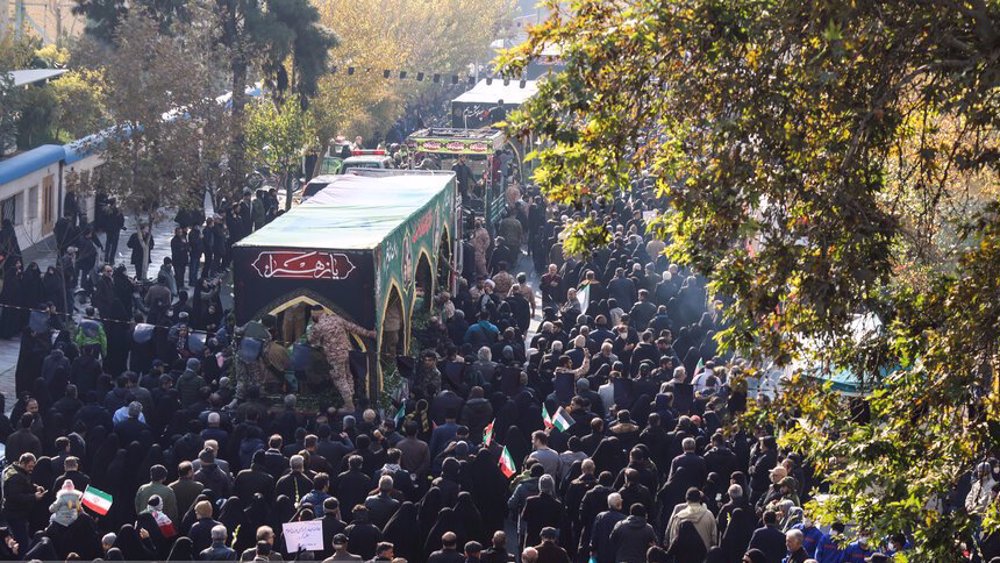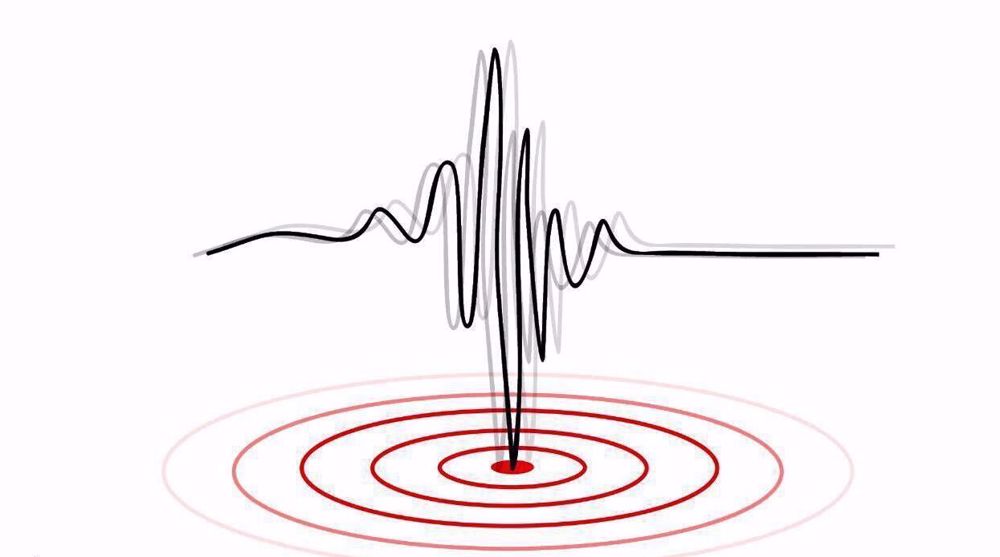100s of safety risks loom ahead, year after Tehran high-rise blaze
One year after the tragic blaze at Plasco high-rise in downtown Tehran, experts warn of hundreds more similar safety hazards facing the Iranian capital city.
Last week, Iranians marked the first anniversary of tragedy that left over 20 people killed - including firefighters - in downtown Tehran.
The 17-story Plasco Building, an iconic commercial building and the country's oldest high-rise, collapsed on January 19, 2017, while firefighters were struggling to put out the blaze that was sparked by an electrical short circuit at the ninth floor.
It took several days for the firefighters to retrieve the bodies of the victims due to the raging fire under the rubble.
The tragedy united the Iranian nation in expressing sympathy for the firefighters who sacrificed their lives for saving the residents and workers of the garment shops in the building.

According to Managing Director of Tehran's Firefighting Organization Mehdi Davari, 243 buildings in the capital city currently face the similar safety hazards that Plasco did.
Davari noted that his respective organization does not have enough executive power to implement urban safety procedures, noting that, over the past year, the Firefighting Organization has been able to shut down only seven towers at risk.
Urban development experts have criticized the municipality, Ministry of Labor and the Judiciary for their failure in implementing the existing laws on urban construction.
The warnings come against the backdrop of the rising wave of earthquakes across the country, particularly in Tehran, which is widely believed to cause hundreds of thousands of deaths in the capital city.
"There are currently sufficient laws in place and if the existing National Construction Regulation is properly implemented, safety problems will be eliminated," said Bijan Khatibi, deputy head of Tehran's urban construction guild.
Khatibi noted that if some of the minimum safety procedures had been adopted at Plasco, a major part of damage could have been prevented.
‘Ethnic cleansing’: Hamas blasts Israeli attacks on Gaza hospital amid intl. silence
Saudi delegation meets HTS leader at presidential palace in Damascus
Relentless Israeli ceasefire violations justify need for self-defense: Lebanese MP
Tel Aviv tells Damascus Israeli forces will remain in occupied territory: Report
Dec. 22: ‘Axis of Resistance’ operations against Israeli occupation
‘Abhorrent’: Oxfam says only 12 trucks delivered aid in North Gaza since Oct.
VIDEO | Leader receives religious eulogists on Hazrat Fatima birth anniv.
Pope Francis slams Israel’s ‘machine-gunning’ of Gaza children











 This makes it easy to access the Press TV website
This makes it easy to access the Press TV website